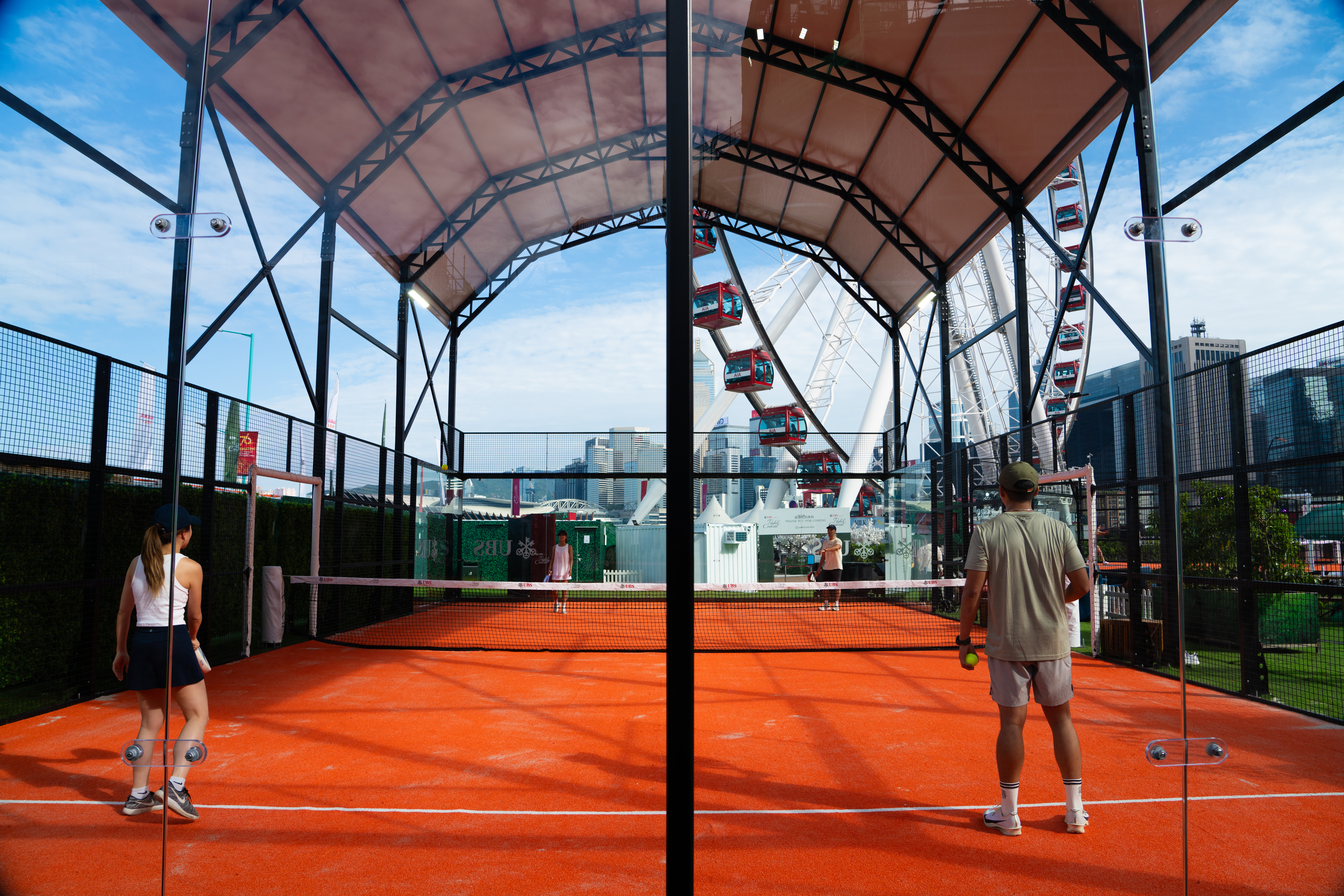On paper, China should be the strongest country on earth.
For two decades, China has dominated the weightlifting platform at the Summer Olympic games. Team China has brought home no fewer than five gold medals in weightlifting since Athens 2000, posting at least one world record every time, to place it well clear of any other strongman nation. Videos of industry celebrities such as Lu Xiaojun high-bar squatting four times his bodyweight, or footage from the infamous government training camps, pump up China’s image as the land of the strongest.
However, powerlifting — a more widely practiced form of competitive lifting, with a visible international competitive scene — has by comparison failed to garner much momentum in China. The reasons for this failure, which center on a contrast in perceptions of strength and exercise, reveal some of Chinese society’s most deeply entrenched concepts.
While the name may bring to mind images of brawny men struggling to lift immensely heavy barbells, powerlifting is actually seen as a more accessible training style, due to its less technical lifts and simpler equipment. The standard powerlifting competition consists of three main events that will no doubt sound familiar whether or not you’ve never set foot in a gym before: the bench press, squat, and deadlift.
The sport first became popular in the West as a reliable means of improving one’s fundamental strength. This is what first brought me to the sport as a university student. The standard gym routine based on the pursuit of visually “larger” muscles seemed hollow to me, and I wanted a purer test of my capacity in the rack.
There are a number of reasons why the sport hasn’t taken hold in China.
In China, elderly people out walking at the break of dawn, swinging their arms to regulate their inner energy flows — or qi (气) — is a common sight. The qi phenomenon, derived from indigenous martial arts, continues to pervade all aspects of Chinese life along with other ancient representations such as the complementary but inseparable yin (阴) and yang (阳). The weight hall provides a modern theater for these philosophies to be practiced.
Related:
 Translation and Condensation: Thoughts on QiArticle Aug 17, 2017
Translation and Condensation: Thoughts on QiArticle Aug 17, 2017
“In Chinese culture, health and fitness depends on maintenance. In the West, it is based on exertion and improvement,” says Joshua Huang, a Shanghai-based competitive lifter and trainer.
Strenuous exercise such as lifting heavy weights, he adds, was not traditionally considered conducive to health, and the telltale signs of a good workout, like panting and sweating, also were not desirable.
Furthermore, physical strength was never as strong a prerequisite of masculinity as in the West. Professor Kam Louie of Hong Kong University first proposed the wen-wu dichotomy, in which erudition (文, pinyin: wen) was an equally viable route to becoming an “authentic man” as that of the warrior (武, pinyin: wu). According to Louie, this led to a lesser emphasis on physical prowess among men and more tempered views of external beauty and impressiveness, an attitude that has arguably survived today.
Even warrior culture was a fluid and internal belief. As Susan Brownell, author of Training the Body for China, notes, unlikely figures such as young women or frail old men, with bodies quite divorced from the stereotypical brawny young man, could readily perform heroic, physical feats through cultivation of their internal qi.
“Bulk has never been necessary to be a good fighter or warrior,” says Brownell. “By making qi the ultimate source of corporeal strength, external muscle mass becomes secondary. This idea still endures in how Chinese interpret their body.”
There is also the question of the individual in sport. Strength training, in large part, is a solitary endeavor. The Western narrative of gym success glorifies the personal struggle — setting your own goals and smashing through them, exemplified in the tone of any workout videos or Rocky montage.
China’s Confucian roots move the focus of exercise towards ritual and instruction, from explosive triumphs to diligent repetition under supervision from one’s betters.
Chinese training styles, perpetuated today from primary school courtyards to flocks of grandmothers in the park, argue for collective observance of a leading example, which sits awkwardly with the intense, passionate flavor of Western weightlifting.
Recent societal shifts interfering with these values have also managed to compound the lesser role of strength, but for different reasons. As selfies and luxury consumption have grabbed the emerging Chinese middle class, so too has an image-based attitude towards weight training. Lifting to get ripped is far from unique to China, but the pursuit of immediate, superficial results is an acute reality in Chinese gyms.
Related:
 I’m Having Fun: The Selfie-Taker as a Symbol in Chinese AdvertisingArticle Aug 23, 2017
I’m Having Fun: The Selfie-Taker as a Symbol in Chinese AdvertisingArticle Aug 23, 2017
“Many young people think that going to the gym means getting bigger biceps if you’re a guy, and getting smaller if you’re a girl,” says Huang. “They don’t care that biceps are rarely useful for sport, or that being skinny doesn’t equal health. It’s just a photo op.”
But as the everyday citizen’s relationship to exercise continues to shift, China’s perception of powerlifting will undoubtedly evolve as well. More people will seek out this sport as a means of personal expression and of gauging strength, even though it has never enjoyed the full force of government attention.
In the early years of the ‘00s, Beijing pursued the attainment of gold medals as a useful diplomatic tool to showcase China’s growing national power. Cleans and jerks — the two most typical moves in Olympic weightlifting — were brought under the State’s “whole nation system” of training, while powerlifting was left to the grassroots.
“They have the best trainers, the best nutrition, everything. All they need to do in life is focus on winning competitions,” says Cao Jinyu, a freelance powerlifting instructor at a Fitness Studio in Shanghai. “Olympic lifting has been developing for some time, but the concept of powerlifting is still half-baked.”
Powerlifting may never attract the same backing from Beijing as Olympic lifting, but many are optimistic that changing perceptions will solidify interest in the sport, and one day lead the country to international success.


















